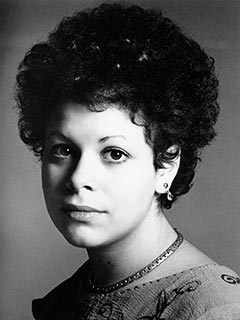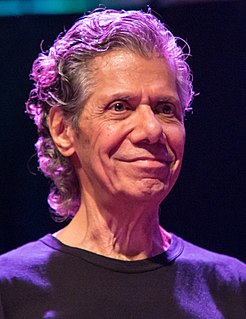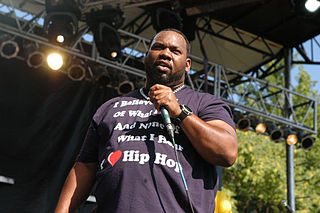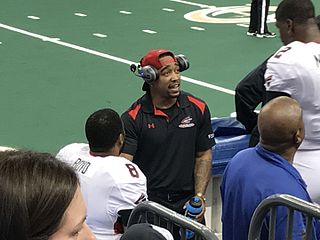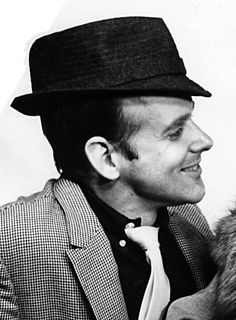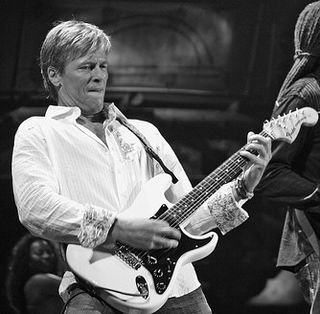A Quote by Joe Satriani
Success came to me in my late 20s. I started touring when I was a teenager, so I had already seen the good, the bad, and the ugly side of the music business. Plus, setting up my own record company taught me a lot.
Related Quotes
Music is what is going to save me," "On the bad days, when I have to look at the cold, hard facts of life, I see that this is not the music business I came up in and I have to be very, very objective and detached and say, 'what's good about it and what's bad about it?' Mostly, I'm finding it good that it's not the same old music business, because the music business I came up in really didn't advance anything I was doing, and I don't think it was particularly kind to a lot of artists.
When I was in N.W.A. and didn't get paid all the money I was owed, that's when the business side of showbiz hit me. I thought, "Half of this is workin'. I'm famous, but now I need to be famous with some money." That got my brain started at trying to figure out the business end. And once I figured out the business side, I next came to understand that success really comes down to the product, not to me, my personality, or what club I'm seen going into or coming out of. None of that matters.
My dad was all about music. He was a musician, leading a band when I was born. His band was active all through the 40s. He'd started it in the late 20s and 30s. According to the scrapbook, his band was doing quite well around the Boston area. During the Depression they were on radio. It was a jazz-oriented band. He was a trumpet player, and he wrote and arranged for the band. He taught me how to play the piano and read music, and taught me what he knew of standard tunes and so forth. It was a fantastic way to come up in music.
The design and creative side is not a problem, but learning how to run a company as a young creative has been challenging. There is so much more on the business side than I ever considered when I first started making jewelry in my kitchen. It has been a challenge keeping up with the company's success, and I have had to learn from my and others' mistakes as I go.
Despite the fact that Starbucks has grown to be a large company. We've always played music in our stores and has always acted as an opportunity to create a mood in our stores. And customers started asking, "What song are you playing and can I buy that?" . And we said "No." And that was kind of the catalyst for beginning to look at music. We started out with our own compilations and after the success of that. We had the courage to say, "Let's produce our own record." and the first record was with Ray Charles before he unfortunately passed away.
I am not an educated person. I didn't come up through a ballet company. I came up through burlesque. So I have a lot of inferiority feelings concerning my own lack of education, my entry into show business. I'm not a Baryshnikov. I'm not a Nureyev. I came up in vaudeville. Strippers. So I've always had these feelings. But I think they've also helped me.
My mother was a full-time mom, and Dad started his own business. He was a mini-American dream story. Came from Russia at age 4, started his own pen business in Brooklyn. The company isn't around now, but he created his own healthy little world, leaving a decent legacy. My dad taught at Cooper Union but was never fully graduated himself.
My contract with mercury PolyGram Nashville was about to expire. And I never had really been happy. The company, the record company, just didn't put any promotion behind me. I think one album, maybe the last one I did, they pressed 500 copies. And I was just disgusted with it. And about that time that I got to feeling that way, Lou Robin, my manager, came to me and talked to me about a man called Rick Rubin that he had been talking to that wanted me to sign with his record company.

